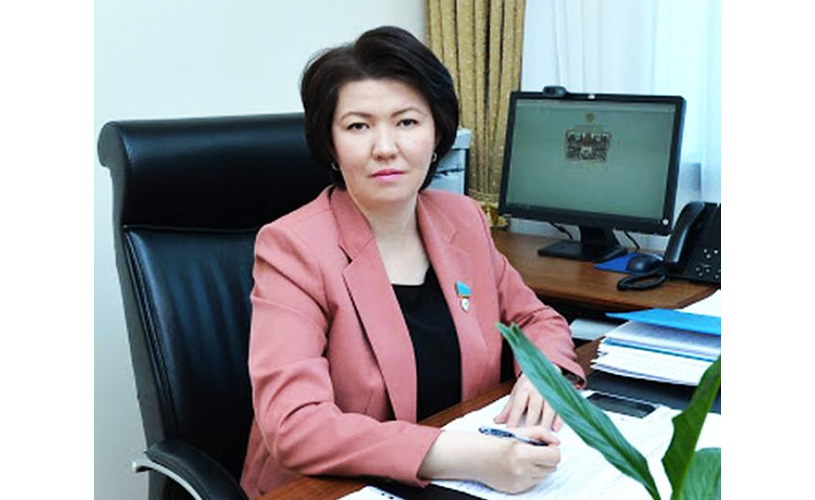
- The education of compatriots in our country, that is, in their historical homeland, dates back to 1994. At that time, the quota for the education of compatriots was 2 percent. Despite the fact that the number of compatriots who want to get an education is quite large, the number of compatriots who enroll at the expense of the General Grant does not increase. We also know for sure the reasons for this. There is not enough information about whether compatriots can get higher education in our country, about the rules for passing the UNT, and it is also not easy for compatriots to pass the test. Both applicants who have studied in the country for 11 years, and those who were born abroad, who studied in the country for only nine months of preparatory courses, pass the UNT on an equal footing, with the same requirements. For example, in 2021, the number of applicants for the UNT was 2,478, and those who were accepted for training at the expense of a state grant-796. in this regard, we think that the Ministry of Science and higher education should focus on improving the content of preparatory courses.
First of all, it is necessary to consider the introduction of an alternative UNT exam, which can correspond to international exams for ethnic Kazakhs. We also recommend changing the preparatory courses to language courses. Secondly, it is necessary to allocate separate quotas for Master's and doctoral programs to our ethnic compatriots within the framework of the Bologna Process and the academic mobility scholarship program. Now our compatriots participate in this program on an equal footing with all foreign citizens. It is also necessary to provide for the allocation of quotas for the exchange of ethnic blood students in Europe and the CIS countries in the direction of academic mobility. This quota allows you to get to know the historical homeland and learn the Kazakh language in a short time. Thirdly, it is necessary to involve ethnic compatriots as much as possible in the framework of intergovernmental educational grants from countries with a large concentration of the Kazakh diaspora.
In short, the program has a lot to offer us. The Golden Bridge, which also unites compatriots with Atazhurt. Although the situation is good in official reports, in fact, there are many problems with the implementation of the initiative. For the success of the program, which is of great demographic and economic importance for our country, systematic work, desire and empathy are not enough.